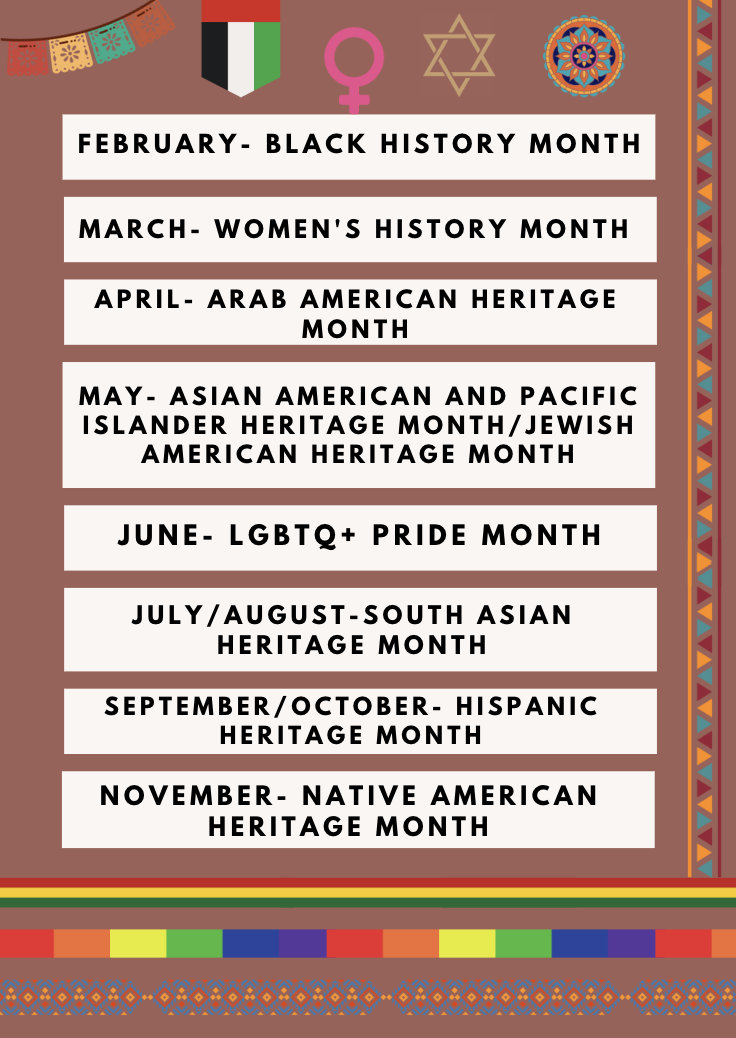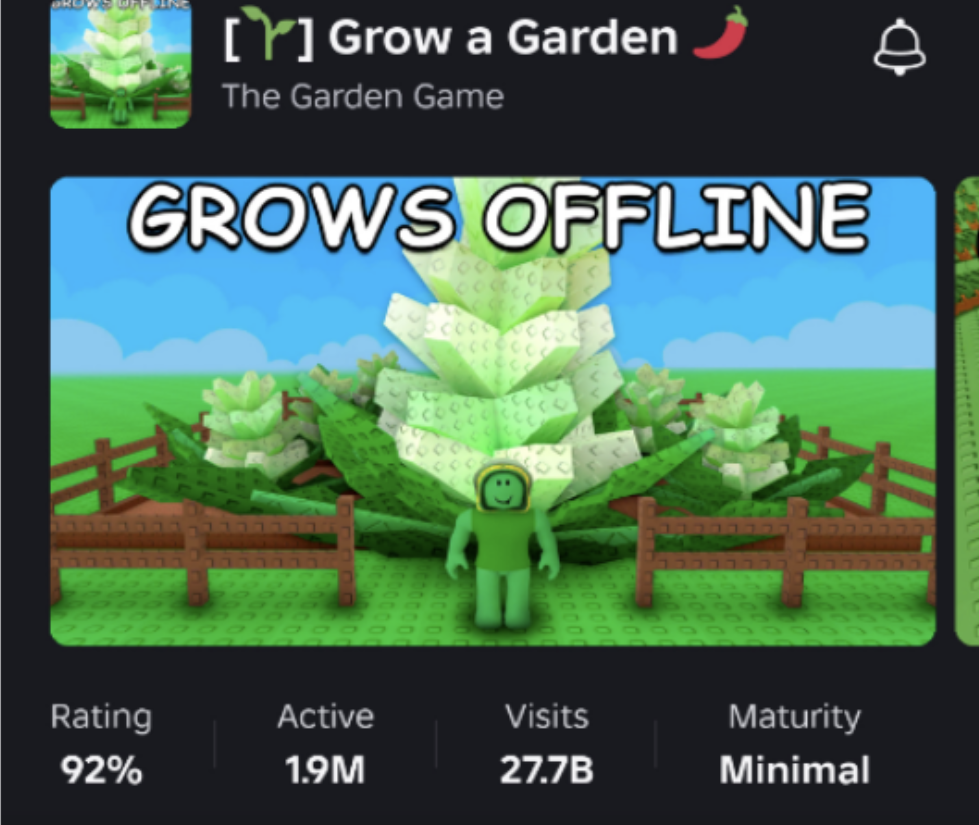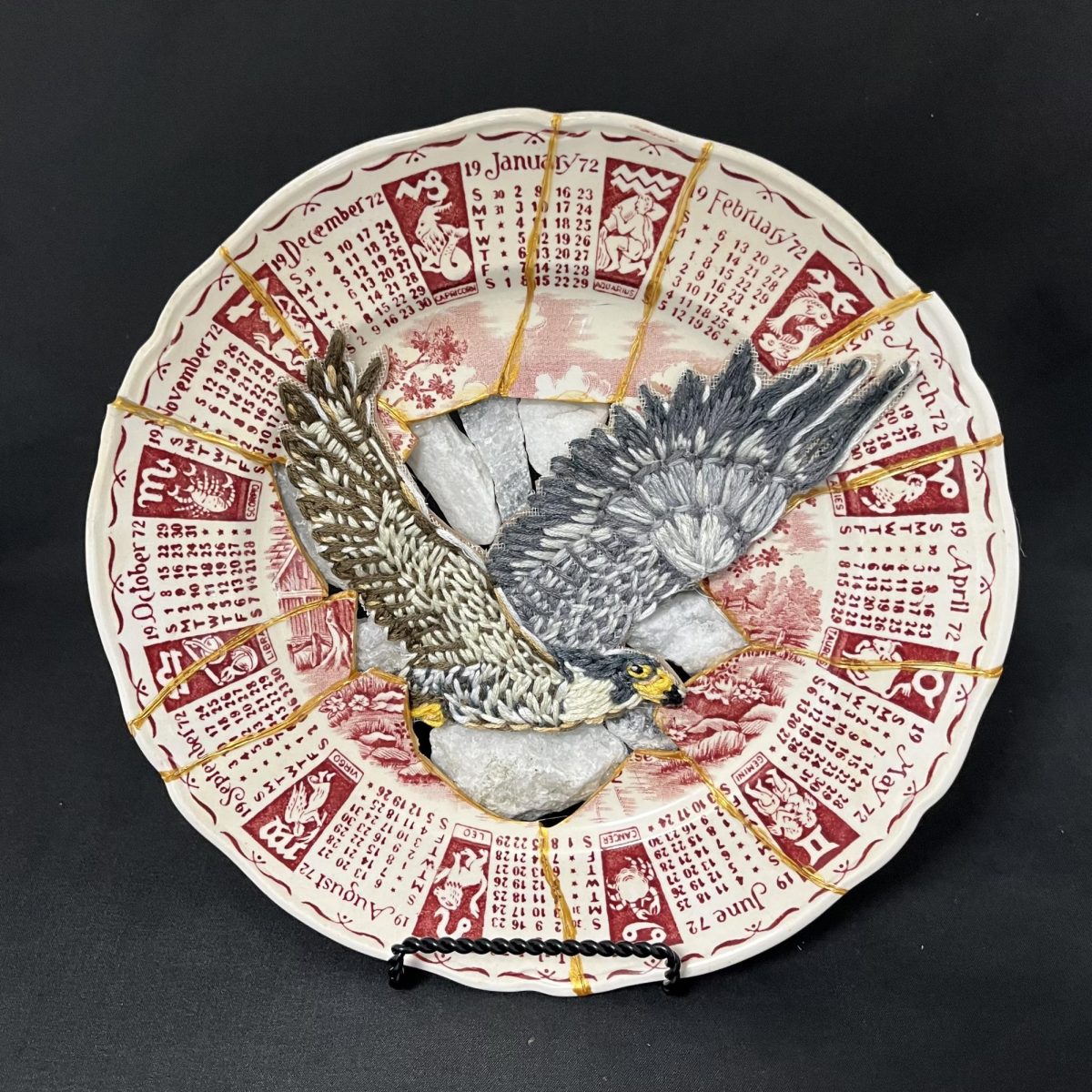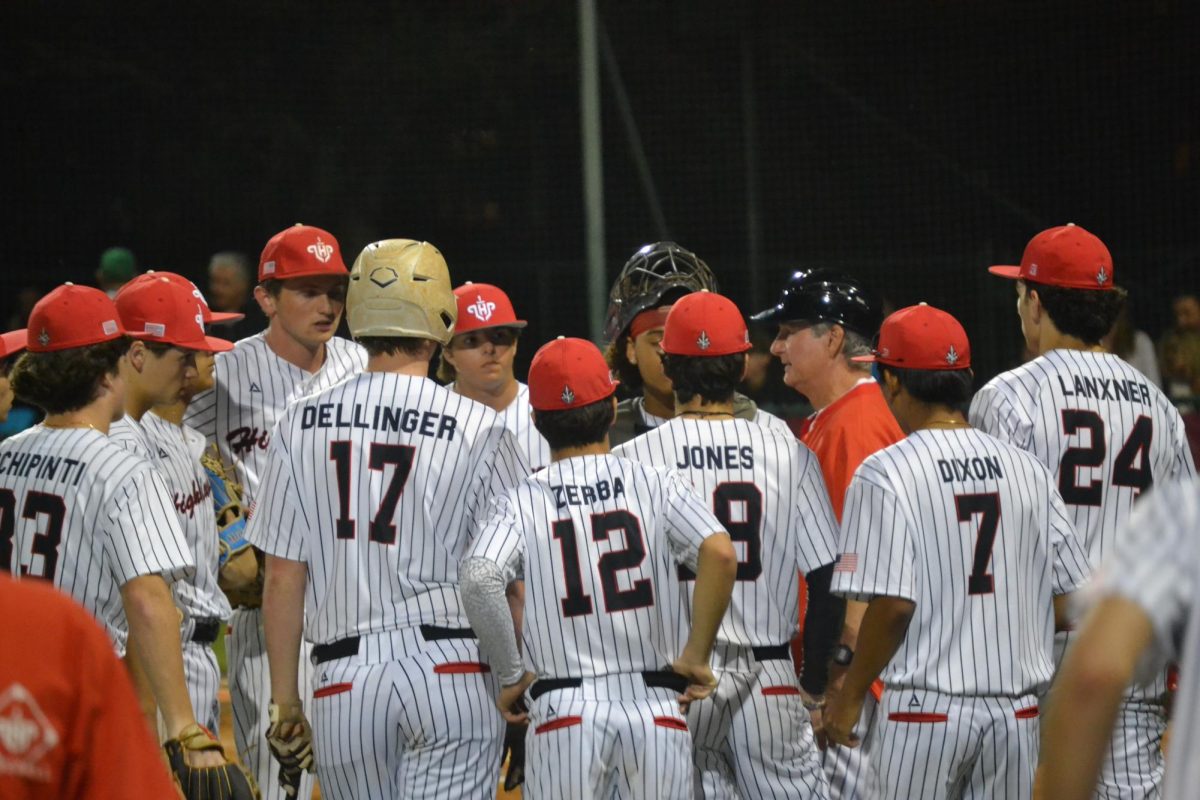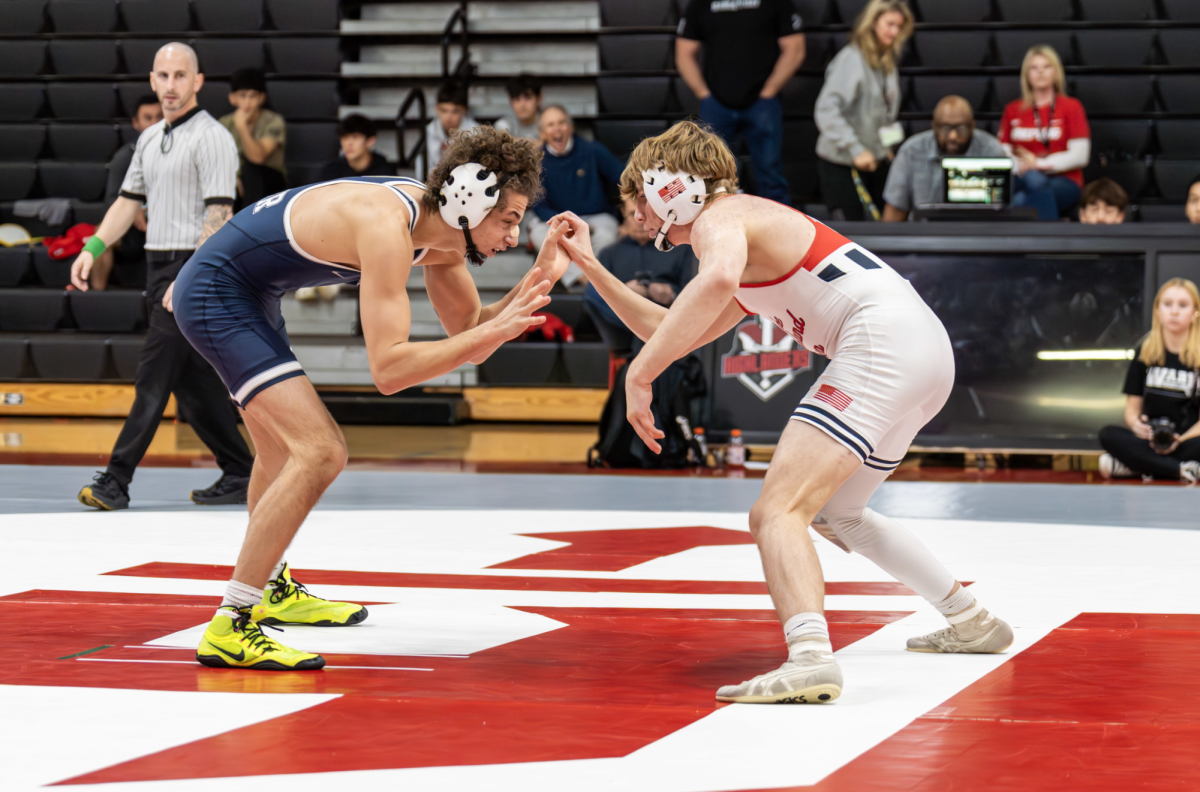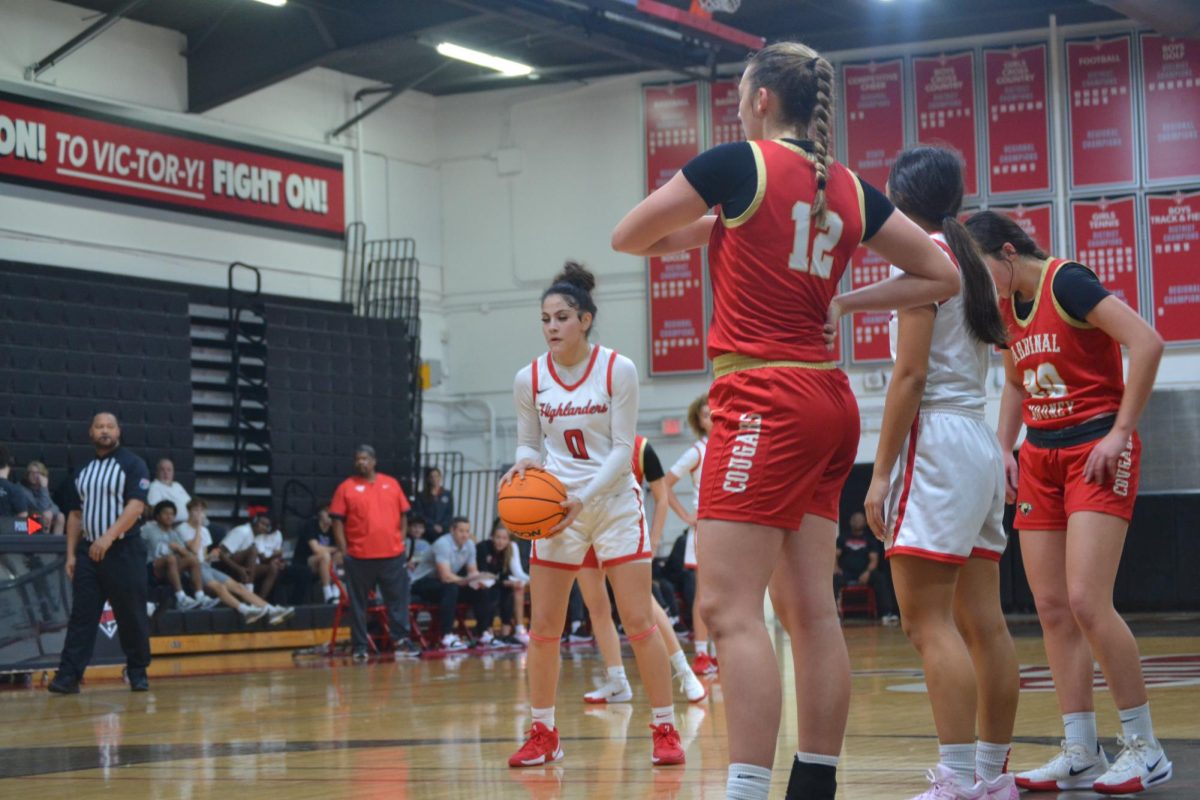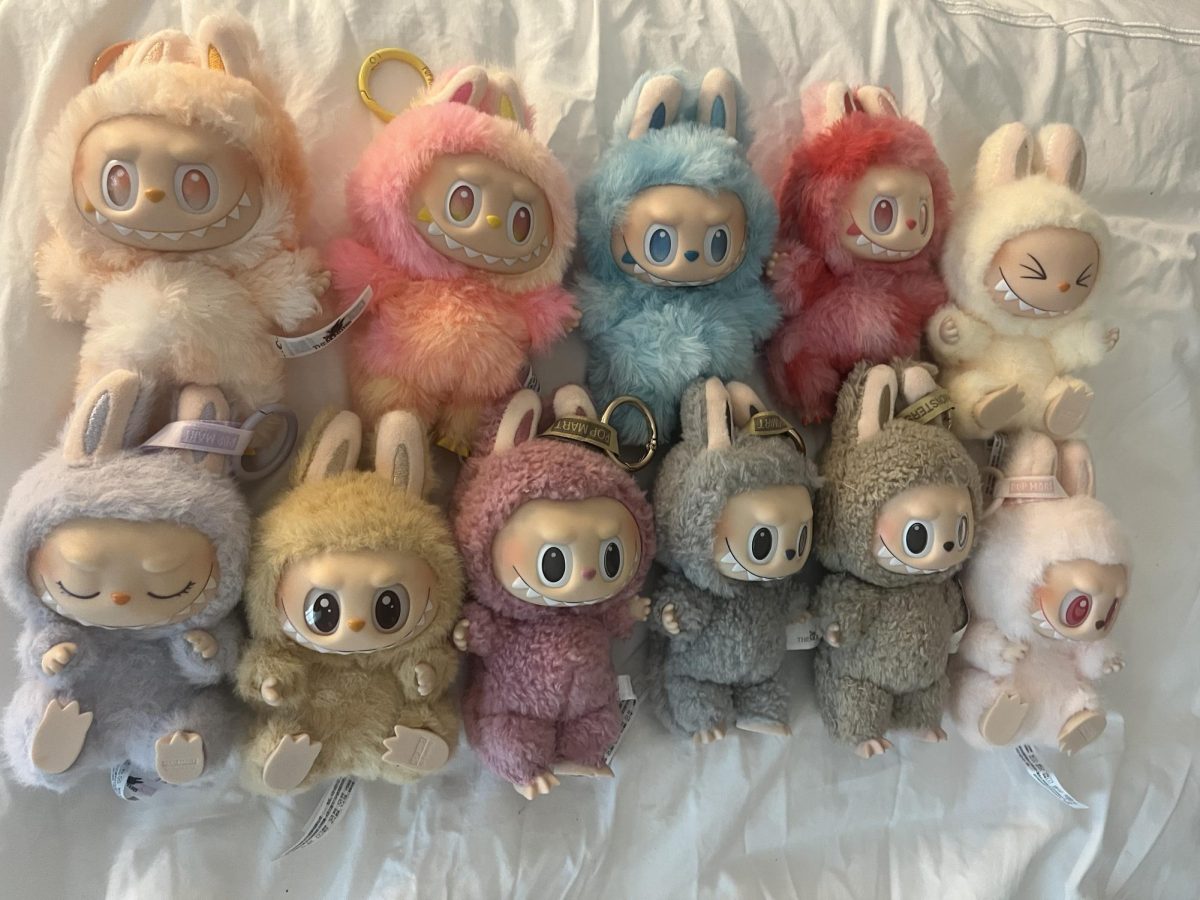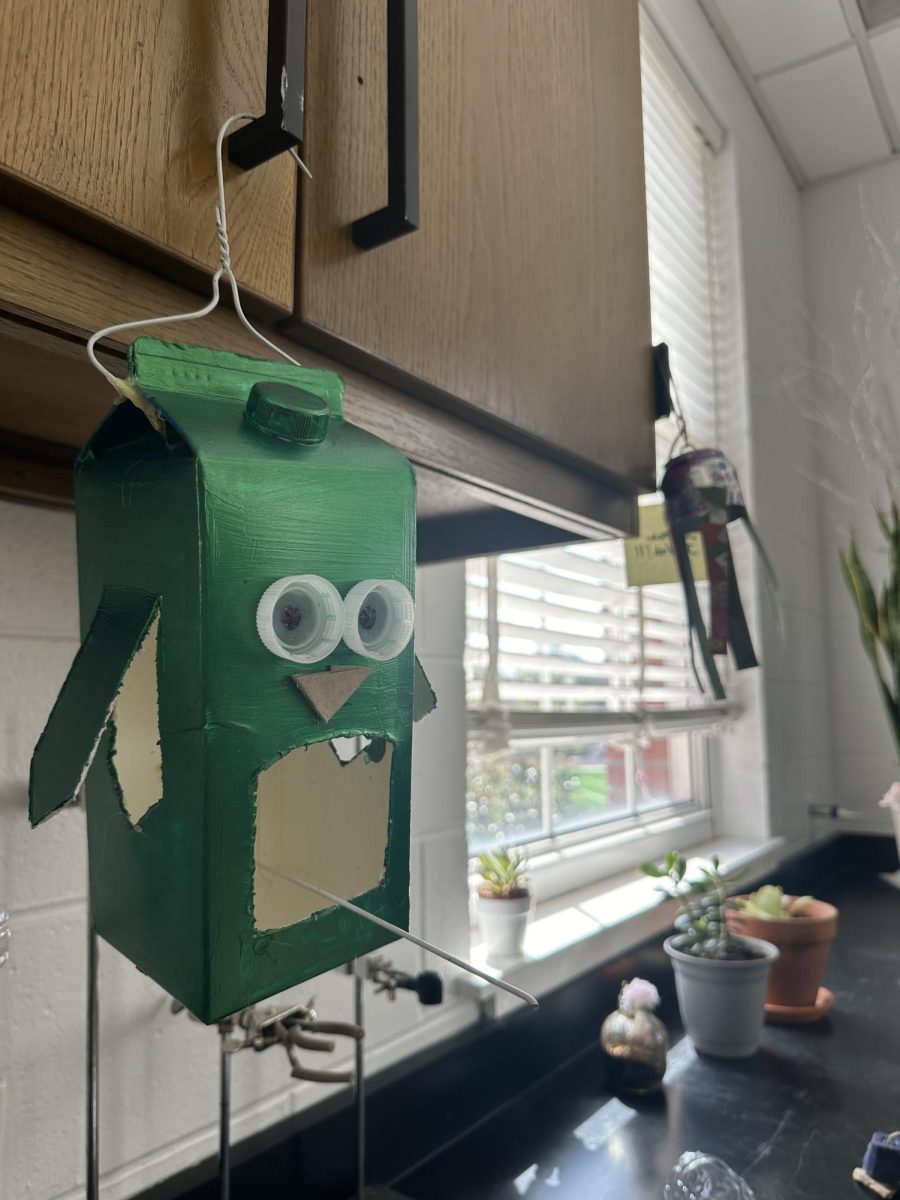TikTok is responsible for the spread of some of the most outrageous new terms you’ll ever hear. From “skibbidy toilet” to “rizz party,” many of these trending phrases are as meaningless as they sound. However, one notable term that has sparked on the app in recent years has been established as a valid, and even worthy, way to describe one’s personality: “Girl’s Girl.” Being classified as a “Girl’s Girl” can surprisingly signify more than one might expect.
Urban Dictionary defines a “Girl’s Girl” as a female who has, “Respect for female etiquette” as well as one who, “Is not petty and strives to be ethical and decent in her dealings with her female friends.” Essentially, a “Girl’s Girl” won’t go after your boyfriend, or talk badly about you for the sake of attention or validation. She doesn’t feel the need to try and intimidate other females and believes in supporting or being there for a girl because she is a fellow female. A “Girl’s Girl” is especially eminent because her concern and respect for other women applies equally to both the ones she likes and dislikes.
The phrase began circulating in recent years on TikTok and has now inserted itself into people’s day-to-day dialogue as a legitimate term and topic of discussion. The term was named as such because it represents the ideal type of girl that another girl would want on her side. A “Girl’s Girl” is for the girl in the sense that she acts, consciously or not, with compassion to and in consideration of another girl’s feelings.
To further demonstrate what a “Girl’s Girl” is, it may be insightful to explore what the opposite would be. A separate term that arose from TikTok just a few years before the infamous “Girl’s Girl” phrase gained virality was the term “Pick Me Girl.” A “Pick Me Girl” is a female who acts out, most commonly by putting other females down in front of males, in hopes of appearing more appealing to men. Hence the name “Pick Me.” The difference between these two types of women is that a “Pick Me Girl” views other women as a threat to the validation and attention they are desperate for. Meanwhile, a “Girl’s Girl” does not view other females as competition at all, but rather as teammates.
Well if there is such thing as a “Girl’s Girl,” how come there’s no “Boy’s Boy?” There in fact have been discussions floating around online regarding what a “Boy’s Boy” is and how it compares to a “Girl’s Girl.” A “Boy’s Boy,” while less prevalently talked about, is exactly what you’d imagine. A “Boy’s Boy” is a male who automatically has other males’ backs simply because they are of the same gender, just as a Girl’s Girl automatically has other females’ backs for the same reason. This phenomenon, in regards to males, is less discussed, but why?
The reason a “Girl’s Girl” seems to be much more recognized and widely regarded than a Boy’s Boy is because Girl’s Girls are simply more rare. We live in a society where it is extremely common and even extremely encouraged for women to be pitted against each other. Mikaela Kiner with Harvard Bussiness Review explains that, “Women can and do internalize patriarchal messages that women are not as strong, competent, and capable as men,” and because of this, “Women unconsciously absorb beliefs about their rightful place.” This allows women to be vastly critical of, and compare themselves to, other women’s every move. They also seek the approval of those who they believe to be superior: men. This can also explain why the term “Pick Me Girl” blew up on TikTok when the app first came out, long before the term “Girl’s Girl” was created. For males, society does not set them up to be spiteful or judgemental of other men as there is no competition for them to feel the need to do so. This is because males and their attention are the ones that others are competing for. Most boys are already “Boy’s Boys,” but few girls are set up to be “Girl’s Girls.”
A recent example of someone who caught a great deal of heat for not being a “Girl’s Girl” was the “Deli” rapper Ice Spice. This summer, Ice Spice found herself in a controversy involving fellow rapper Central Cee and his now ex-girlfriend Madeline Argy. Madeline took to TikTok to explain that she was not aware of the release or contents of the music video that the two rappers collaborated on and uploaded to YouTube on July 11. The shots within the music video heavily suggest they are more than just friends. However, this was a problem since Madeline was still dating Central Cee at the time. This, along with other promotional work Central Cee did to intentionally generate dating rumors between him and Ice Spice to advertise the song, was enough for Madline to expose his behavior online and be done with him for good. Shortly after, Ice Spice posted a clip of herself doing push-ups and captioned the video, “Mood after takin ha manzzz.” Ice Spice received a lot of backlash for this as many thought it was a mean and uncalled-for direct reference to the controversy. One user commented, “She’s not a Girl’s Girl” with another saying that she was, “Dirty for doing that.”
While many believe it is important to be a Girl’s Girl, others argue that it isn’t needed. Rather than the, “Girls supporting girls” phrase that is associated with being a Girl’s Girl, others insist that moral obligations aligned with the, “Girls protecting girls” phrase are the only necessary ones to adhere to. The phrase, “Girls protecting Girls” represents the responsibility of females to step in, if possible, to protect another female if they suspect or know she is being put at risk by a male. Whether it’s a man trying to lure an intoxicated woman somewhere private at a party, or a boyfriend getting aggressive with his girlfriend at a grocery store, a girl who believes in, “Girls protecting girls” will, if possible, insert herself in a situation to protect and/or remove the girl in danger. “Girls supporting girls” and, “Girls protecting girls” both seem to represent inherent duties that some would say come with being a female. However, not everyone agrees with these obligations.
The biggest difference between a female who believes in girls supporting girls or being a “Girl’s Girl,” is how they feel the women they don’t like deserve to be treated. “Girl’s Girls” feel that women must regard each other with an impromptu high level of courtesy as women owe it to each other to change the fact that women are typically the ones who tear down other girls. These girls are trying to deconstruct and rebuild a flawed social construct. Therefore, there is no exception to the respect they demonstrate for other women, even when it comes to those they dislike, as it must apply to all to work. Women who only believe in girls protecting girls feel as though it is not up to them to fix something they did not corrupt. These girls do value the importance of watching out for other women’s safety, as it is way too often that we hear unjust stories of women being sexually assaulted or abused. However, these girls feel that looking out for other girls’ safety is the extent of their ethical duty. Unlike a Girl’s Girl, they do not feel inclined to show benevolence or even tolerance towards a person they dislike solely because they share the same gender.
Whether you agree or align with the ideology of being a Girl’s Girl or not, it is useful to be informed about the discourse surrounding certain up-and-coming sayings or phrases, as terminology can say much about the direction in which today’s society is going. Such terms could become integrated into the masses’ vocabulary as permissible vocabulary. No term encompassed all of what it meant to be a “Girl’s Girl.” However, the term “Girl’s Girl” has shown to be a highly functional and truly productive way of revealing a great deal of a person’s beliefs, morals, and personality.


